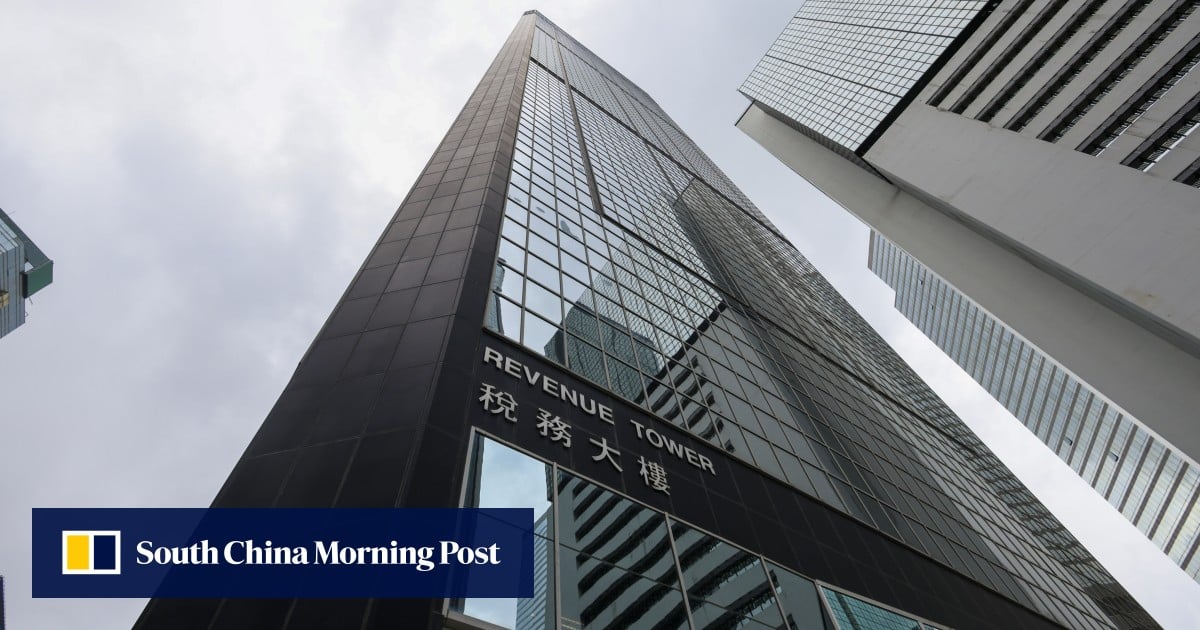
05 Feb Hong Kong tax revenue could expand by US$1.28 billion under global minimum levy for corporations, official says
The Hong Kong government could take in about HK$10 billion (US$1.28 billion) in additional tax revenue per year once it implements a new 15 per cent global minimum tax for large multinational companies, according to Hong Kong’s tax office head.
Several hundred large multinational companies will be liable under the new regime, Commissioner of Inland Revenue Tam Tai-pang told lawmakers in a Legislative Council financial affairs panel meeting on Monday.
“Based on these several hundred companies’ existing business records, it is estimated that the government could collect an extra HK$10 billion in tax income,” Tam said.
Nearly 140 countries and jurisdictions including Hong Kong agreed to impose the tax in a landmark deal in 2021 to cut down on corporate use of tax havens to escape tax liabilities. Tam said the Hong Kong government will seek lawmakers’ approval for a new law to implement the regime in the city starting next year.

The government issued a consultation paper in December to collect views until March 20 on the implementation details.
Under the new regime, if the effective tax rate of a multinational corporation in Hong Kong is lower than 15 per cent, other relevant jurisdictions will have the right to collect the top-up tax. As such, Hong Kong needs to introduce a new law to allow it to collect the extra tax.
“These international organisations will need to pay extra tax under the new regime wherever they operate,” Tam said. “If Hong Kong does not introduce the new regime to collect the extra tax payment, the other jurisdictions will collect the money.”
Hong Kong’s low salary tax rate still a lure as corporate levies set to rise
Hong Kong’s low salary tax rate still a lure as corporate levies set to rise
Although Hong Kong’s corporate tax rate is 16.5 per cent, the effective tax rate can be well below 15 per cent after incentives and other tax benefits.
Several lawmakers expressed worries that the tax might push international firms to move out of Hong Kong.
“It is good news for the Hong Kong government to get more tax income under the new regime, but it may lead some firms to decide to move out of the city,” Lawmaker So Cheung-wing said. “How can Hong Kong prevent that from happening?”
Tam played down the worries, pointing to the large number of jurisdictions that have pledged to implement the tax, including all major economies such as the UK, European Union countries and Singapore.
“Even if [some] companies will move away from Hong Kong to other markets, they will face the same tax issues,” Tam said.
Hong Kong anti-smoking watchdog calls for 75% increase in tobacco tax
Hong Kong anti-smoking watchdog calls for 75% increase in tobacco tax
In fact, Tam said, the new regime could help Hong Kong attract companies that may consider moving their operations from former low-tax havens to Hong Kong, depending on how those jurisdictions end up changing their tax laws.
The new level of tax will only apply to big multinational enterprises and will exclude most small Hong Kong companies, Tam said.
The global minimum tax, known officially as BEPS 2.0, was put forward by the Organisation for Economic Cooperation and Development (OECD) in October 2021. It aims to ensure that multinational firms with annual revenue of at least €750 million (US$820.38 million) pay at least 15 per cent tax on income derived from their operations around the world.
Lawmaker Robert Lee Wai-wang, who is also the CEO of brokerage Grand Capital Holdings, agreed with implementing the new tax law but urged the government to introduce other non-tax incentives to attract businesses to come to Hong Kong.
